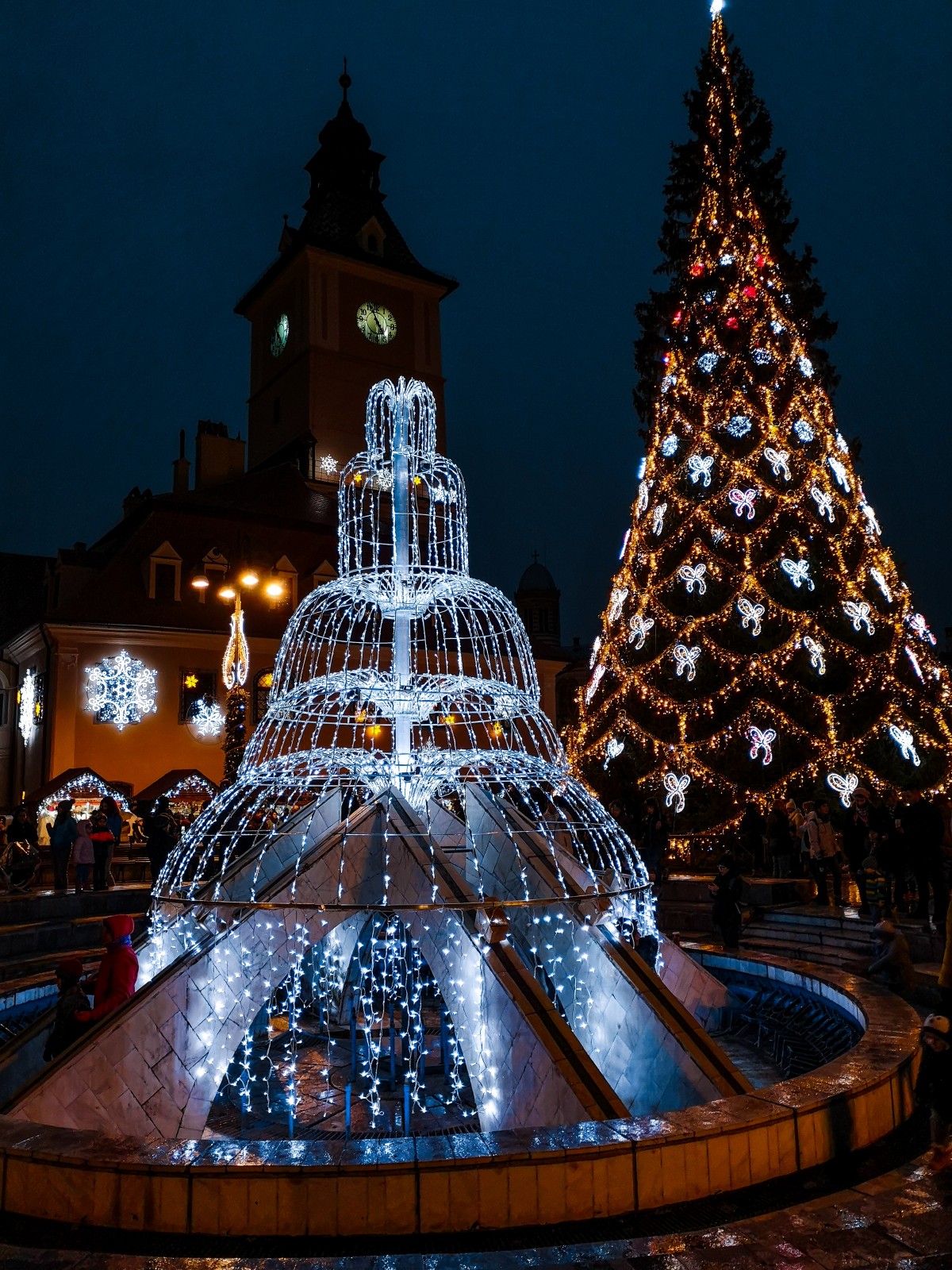Illuminating our Understanding of the Mayflower
- Chronos Heritage
- Dec 29, 2019
- 1 min read
A series of light festivals were kicked off 28 November to 1 December in Plymouth, Boston, Dartmouth, Harwich, Rotherhithe and other pilgrim-relevant cities on both sides of the Atlantic coinciding with holiday season lights and plenty of great public art installations.
The difficulty with such festivals is really to connect the celebrations with interpretations of historical events like the sailing of the Mayflower, which is the same challenge that we are facing in our own year-long reflection on the pilgrims and their legacy.
For example, William Bradford banned Christmas celebrations in Plymouth Colony as pagan festivities that lent themselves to drinking and sexual debauchery. The Plymouth settlers were not all Puritans, and Bradford had to come up with a fair decision regarding who might be allowed to celebrate and who couldn’t. Nobody could shirk their work duties, he decided, explaining that his "conscience [could not] let you [the non-Puritans] play while everybody else is out working.”
For more conversation on the interactions among the settlers, check out our Mayflower 2020 Experience where you can read primary source material, discuss the mixed legacy of the Puritan settlers, and understand this crucial turning point in global history.






